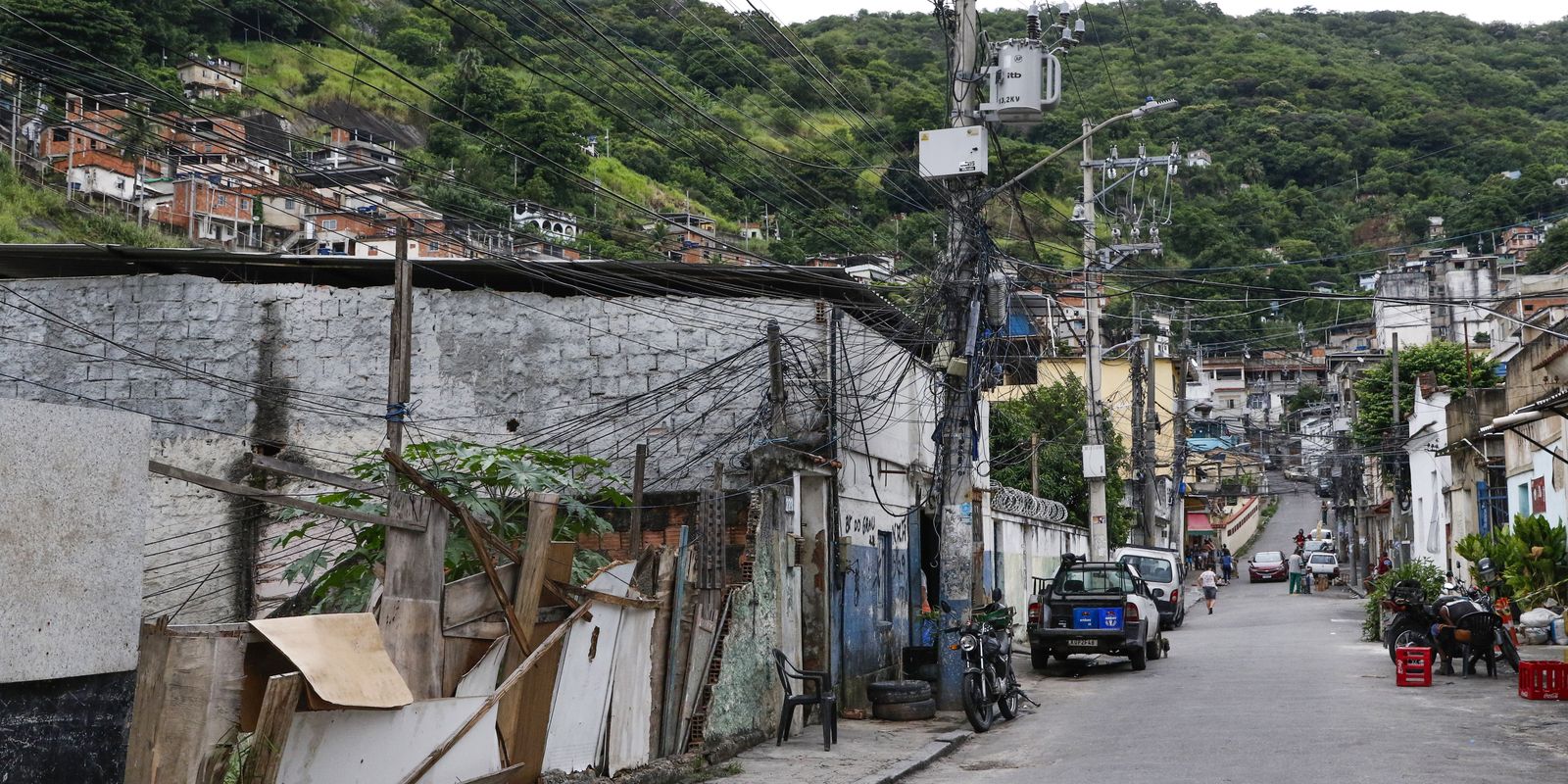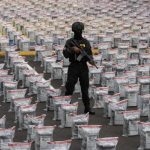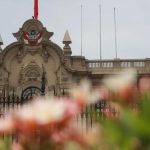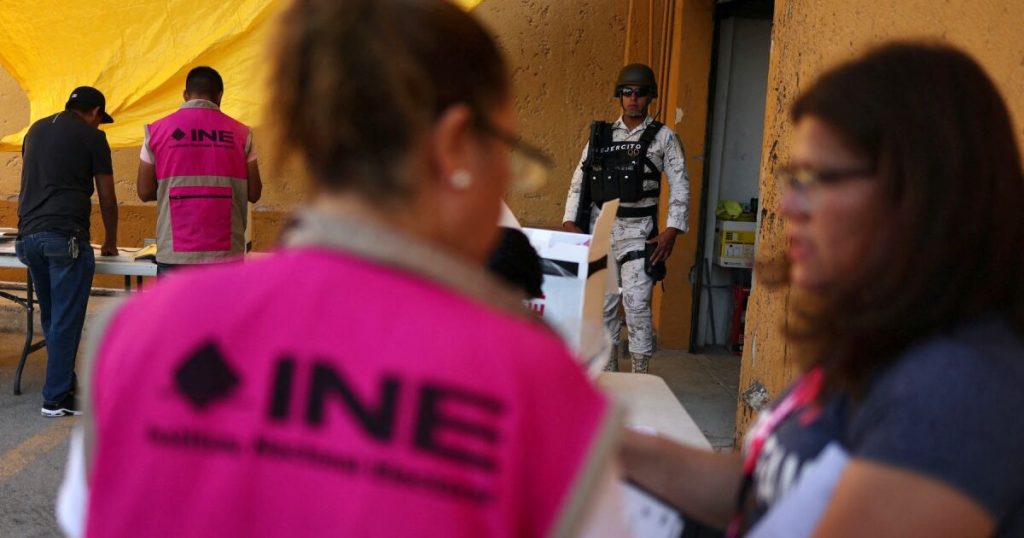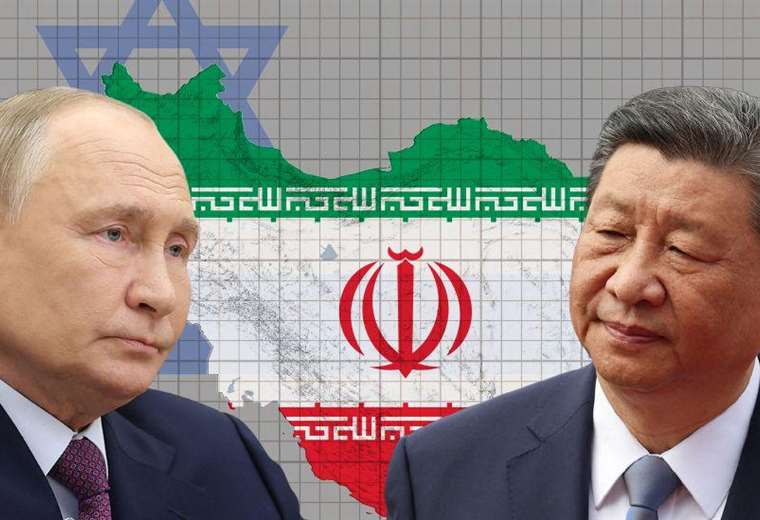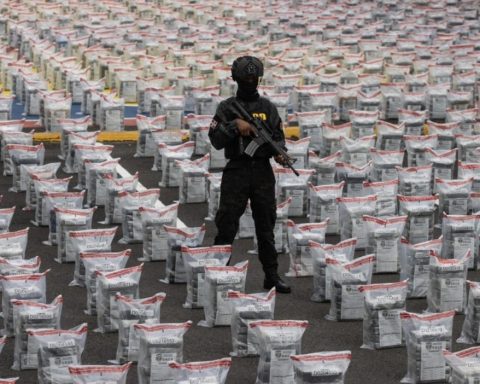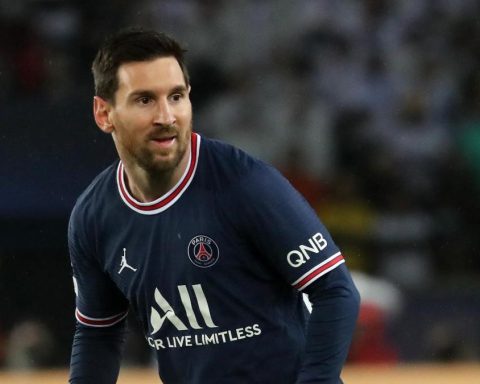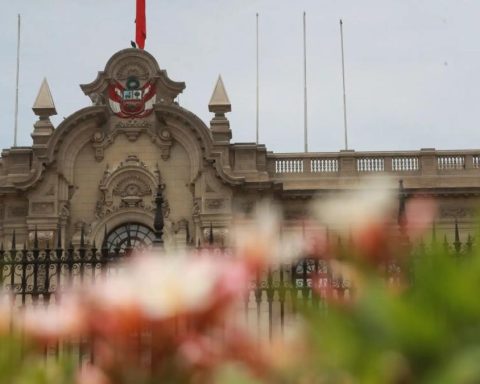Fighting hunger, access to water, quality health and education, investments in infrastructure, financial credits and sustainable development are demands from communities, favelas and peripheries in Brazil and other countries in the G20, an international forum that brings together representatives from 19 countries richest people in the world, plus the European Union and the African Union.
These needs are in the document Comuniquê, which will be presented this Monday (4), National Favela Day, by Favela 20 (F20), a project created by Voz das Comunidades, a non-governmental institution with a journalistic, social responsibility and promotion of cultural events held by favela residents with the intention of taking the challenges of these territories to world leaders.
“One of our main objectives was to include the demands of favelas and peripheries not only in Brazil, but in the countries that are part of the G20. It was one of our main goals and from that, we participated in different conferences and technical sessions of the G20 itself, bringing the urgent demands that are experienced in Brazilian favelas, as well as in those that are part of the G20”, said Erley Bispo, co-founder of F20 in interview with Brazil Agency.
Initially created with five working groups (Gts), during the process the F20 ended up adding another one, which was sustainable finance. The others were combating inequalities, poverty, hunger and promoting mental health; access to drinking water, basic sanitation and personal hygiene; combating the climate crisis and promoting a fair energy transition; combating the risk of natural disasters and digital and cultural transformation and inclusion.
Comuniquê is the result of debates carried out by the six working groups (GTs), which included the participation of more than 100 organizations from Brazil and other countries. The discussions, held since July, when the F20 was launched, pointed out similar situations for these populations in the bloc’s countries, such as inequalities. From then on, each GT produced a policy briefa document that brings together information on current issues with the intention of proposing the creation of public policies related to these topics to decision makers and managers.
Gabriela Santos, co-founder of Voz das Comunidades and F20, highlighted that, during this time, project members had the opportunity to take the demands of these populations to international forums, such as the International Climate Week Conference, in New York, in the United States States, and the G20 Finance Track, led by Finance and Economy ministers and central bank presidents.
“Participating in these spaces where we didn’t have a voice was very significant, to also show that the G20 is giving us the opportunity to have a voice, at this time when we are able to communicate with other countries about what happens inside the favelas”, he stated.
“It was a very important step to ensure that the communities’ demands were truly heard and considered in global discussions,” he added.
For Erley Bispo, one of the highlights of this entire mobilization was the participation in the G20 technical finance session, in which representatives were able to share recommendations related to the issue with members of the central banks of the countries that make up the bloc. The co-founder also highlighted bilateral meetings with UN Habitat, the UN International Youth Secretariat, G20 events, and climate week in New York.
“There were many moments in which we had the opportunity to give visibility, share and, at the same time, in parallel, work with the F20 groups”, he added.
According to Gabriela Santos, it was also possible to perceive, in the discussions, that there is a scenario of great challenges faced by favelas to implement sustainable economic development, essential, according to her, to minimally recognize the role that can be innovative for the presidency of the G20, which places equality at the center of this debate.
“Financial exclusion, which is what can be assessed in the entire process, is one of the biggest barriers, as many residents have difficulty accessing credit from banking services. This limitation restricts opportunities for investment and economic growth within communities. When I talk about economic growth, I’m not just talking about sales, about traders. I’m also talking about investments in other areas such as transformation through cultural projects, combating the risk of natural disasters, largely due to the fact that they are not sustainable, which we are talking about all the time. This is nothing more than social inequality and violence within this challenge based on the cycle of poverty, excluding favelas from sustainable economic development”, he noted.
“There are diverse needs, but within the priorities in all working groups, we realized the importance of investment and financing both in projects originating in the favelas and also in infrastructure. Many of these current challenges arise due to the lack of investment and public policies. We can only truly solve these challenges through investments in favelas and peripheries. All policy briefs recommend prioritizing favelas in this investment as a central point to actually resolve the challenges currently faced in favelas and peripheries”, said Erley Bispo.
In this aspect, according to the co-founder of F20, the document proposes the support of both multilateral development banks and national development banks to play fundamental roles. “These institutions, globally, have the potential to finance infrastructure projects. They can provide the necessary resources to improve the areas of sanitation, sustainable energy, transport, connectivity. In sustainable finance, the economy is the basis of our document and our conversation when we talk about all the recommendations taken to the G20”, stated Gabriela.
Basic emergencies
The document, according to Gabriela, will have more than 15 recommendations, but one of the main ones is to create a social impact fund that should establish means for carrying out sustainable projects in the favelas. “May this line follow a global alliance against hunger and poverty, focusing on housing, education and entrepreneurship in general. This is one of the points, but there are others that are in the document”.
According to the co-founder of F20, when health and education agendas are compared, it is clear that each country has a model. As an example, he cited Brazil, which has public education that is widespread in society, while the United States also has public schools, but tuition at universities is paid. “It ends up limiting, causing people who don’t have resources there to study higher quality education. The same thing on a health level. There are these aspects, but, in fact, we realize that in the countries that make up the G20, which are from the global south, these challenges are much more pronounced”.
Erley Bispo recalled that this is the first time that within the G20 discussions there is an engagement group, F20 Social, proposed by the Brazilian presidency in this edition, which made the work of representatives from favelas and peripheries possible. “In every moment and space in which we talk about this and the challenges of favelas, we bring this technical aspect of the importance of urgently moving forward, whether in investments or in international public policies, to reduce inequalities”.
“An interesting fact is that currently 1 billion people in the world live in favelas and peripheries. If we do not have adequate planning by 2050, according to UN data, there will be 3 billion – 1 billion is already a large percentage of the world’s population – without planning. We know that this also ends up bringing other tensions and social conflicts. We have this great challenge of including, bringing this relevance and the importance of having to resolve these challenges as quickly as possible so that we do not have new wars, other points of global tension. These are points on which we hope to advance within the G20 itself,” said Bishop.
Expectation
Erley Bispo informed that after delivering the document, the F20 intends to carry out monitoring to see which recommendations were included in the bloc’s final proposal. “We are taking advantage of November 4th, which is also National Favela Day, so that the authorities who will be with us at this launch, representing the G20, the G20 Social, Brazilian authorities and also from countries that make up the G20, also sign the commitment to integrate these recommendations into the final document”.
Ceremony
Gabriela Santos informed that for the launch ceremony of Comuniquê, in physical and digital versions, at Mirante do Morro do Adeus, on the cable car at the top of the Alemão favela complex, in the north zone of Rio, representatives from embassies of G20 countries and federal government authorities. There will be the presentation of three panels by people who participated in the preparation of the document. “This ceremony is important for us, not only for the communities, but for all the organizations that participated in this construction.
